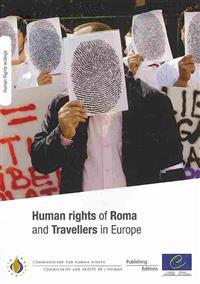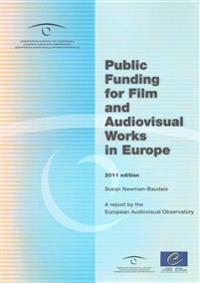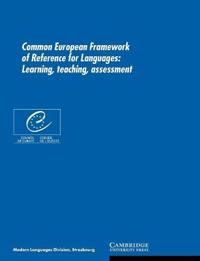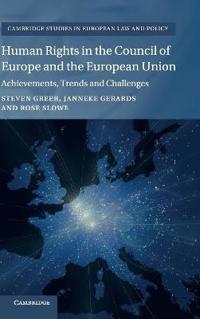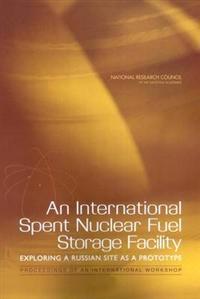Human Rights of Roma and Travellers in Europe (Pocket)
avCouncil of Europe (COR)
ISBN: 9789287172006 - UTGIVEN: 2012-02In many European countries, the Roma and Traveller populations are still denied basic human rights and suffer blatant racism. They remain far behind others in terms of educational achievement, employment, housing and health standards, and they have virtually no political representation. Anti-Gypsyi[...]
Public Funding for Film and Audiovisual Works in Europe (Häftad)
avEuropean Audiovisual Observatory, Council of Europe, Susan Newman-Baudais
ISBN: 9789287172310 - UTGIVEN: 2011-11Of vital importance to the European film industry, public funding represents a key intersection point between public policy and market dynamics. From influential national film agencies to small-scale local initiatives, this new report provides a unique overview of the geographical spread, scale and [...]
Common European Framework of Reference for Languages (Häftad)
avCouncil of Europe
ISBN: 9780521005319 - UTGIVEN: 200102Council of Europe This book contains descriptor scales which describe the linguistic skills needed by language learners to become competent speakers of another language.[...]
European Judicial Systems (Häftad)
avEuropean Commission for the Efficiency of Justice, Council of Europe
ISBN: 9789287175595 - UTGIVEN: 2012-11The Council Of Europe (Inbunden)
avMartyn Bond
ISBN: 9780415571197 - UTGIVEN: 2011-11-24Reviews the history of the Council of Europe from its foundation in 1949 through the early conventions on human rights and culture to its expansion into the fields of social affairs, environment and education. This book supplies necessary factual information about expansion of membership and the ext[...]
Human Rights in the Council of Europe and the European Union
ISBN: 9781107025509 - UTGIVEN: 2018-05Confusion about the differences between the Council of Europe (the parent body of the European Court of Human Rights) and the European Union is commonplace amongst the general public. It even affects some lawyers, jurists, social scientists and students. This book will enable the reader to distingui[...]
The European Union and the Council of Europe (Inbunden)
avMarina Kolb
ISBN: 9781137023629 - UTGIVEN: 2013-04With the increasing prominence of fundamental rights within the EU it increasingly interferes in the core competence of the Council of Europe. This book traces the EU and the Council of Europe relationship in the field of human rights - marked by mutual interferences and overlap - and explores which[...]
An International Spent Nuclear Fuel Storage Facility, Exploring a Russian Site as a Prototype (Häftad)
avCommittee on the Scientific Aspects of an International Spent Fuel Reposito, Office for Central Europe and Eurasia, National Research Council
ISBN: 9780309096881 - UTGIVEN: 200510As part of a long-standing collaboration on nuclear nonproliferation, the National Academy of Sciences and the Russian Academy of Sciences held a joint workshop in Moscow in 2003 on the scientific aspects of an international radioactive disposal site in Russia. The passage of Russian laws permitting[...]

